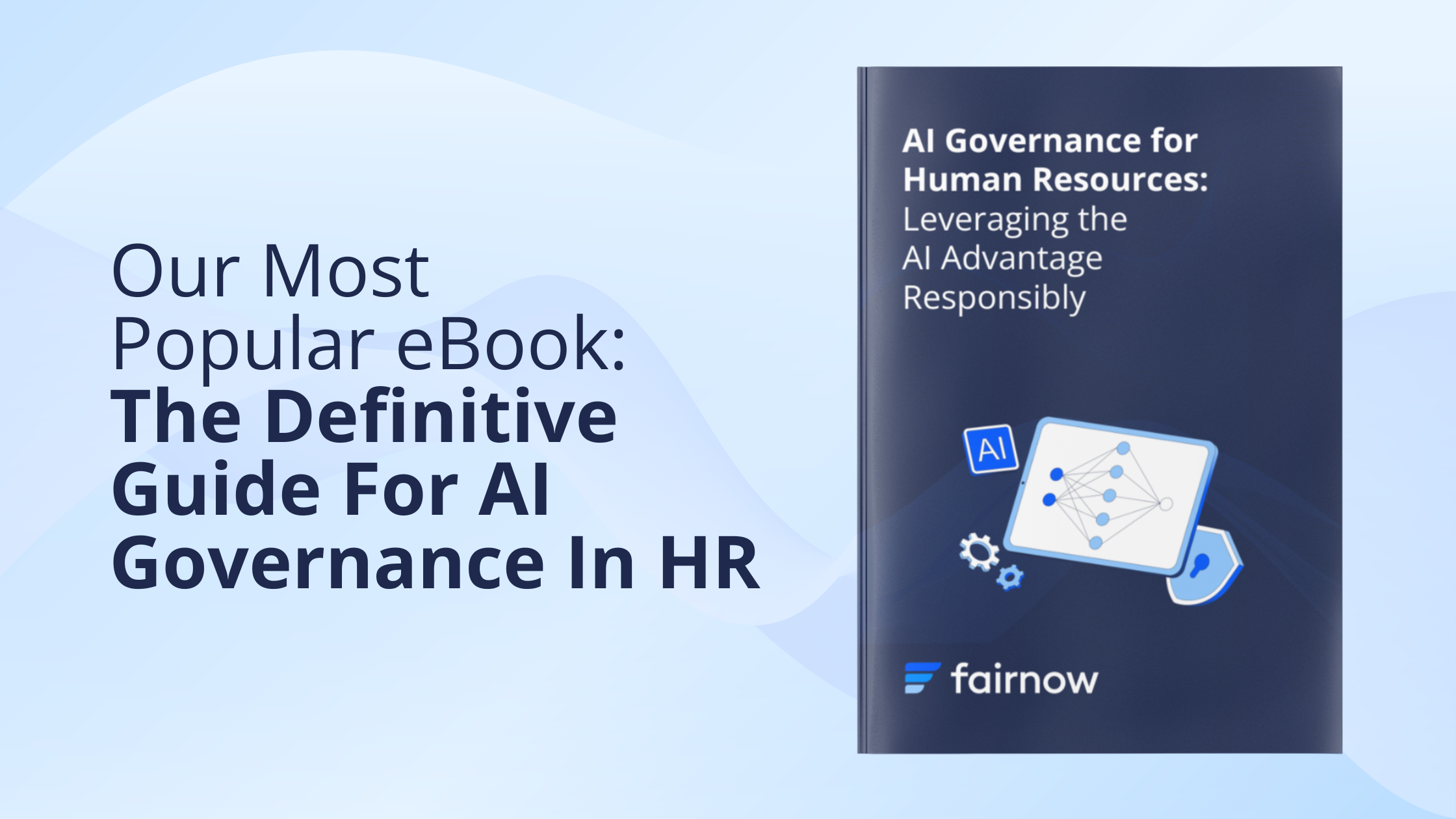Our latest webinar on AI governance features the esteemed Reva Schwartz from the National Institute of Standards and Technology (NIST). The discussion revolved around the critical aspects of AI governance and its growing importance in today’s technology landscape.
Here are our top three takeaways from the discussion:
Our Top 3 Takeaways
1. The NIST Plays A Vital Role In The Responsible AI Ecosystem
The NIST plays a pivotal role in establishing scientific and technical frameworks that guide the implementation of responsible AI. Their frameworks are designed to ensure that AI systems are developed and deployed in ways that are ethical, transparent, and accountable.
The NIST’s guidelines help organizations navigate the complex landscape of AI technologies, providing standards that foster trust and reliability. This is crucial as AI systems increasingly impact various sectors, necessitating a strong foundation in responsible practices.
2. AI Governance Begins With Understanding Current Gaps And Regulatory Requirements
For organizations new to AI governance, it can be daunting to know where to begin. Organizations should start by assessing their current AI capabilities and identifying areas that need improvement. Developing a comprehensive AI governance framework involves setting clear policies and procedures, investing in employee training, and continuously monitoring and evaluating AI systems.
By establishing a strong governance foundation, organizations can ensure they are prepared to address the challenges and opportunities that come with AI adoption.
3. AI Governance Is Here To Stay
AI governance is no longer just a concept; it is becoming a critical and significant aspect of risk management. As AI technologies advance and their use becomes more widespread, regulatory bodies and industry standards are increasingly emphasizing the importance of governance.
Effective AI governance helps mitigate risks associated with bias, security, and ethical concerns. It ensures that AI systems operate within legal and regulatory frameworks, protecting both organizations and their stakeholders. Incorporating AI governance into risk management strategies is essential for maintaining compliance and safeguarding the integrity of AI deployments.
We hope these takeaways provide valuable insights into the importance of AI governance and the role it plays in responsible AI development. Stay tuned for more webinars and discussions on this critical topic.
Keep Learning


